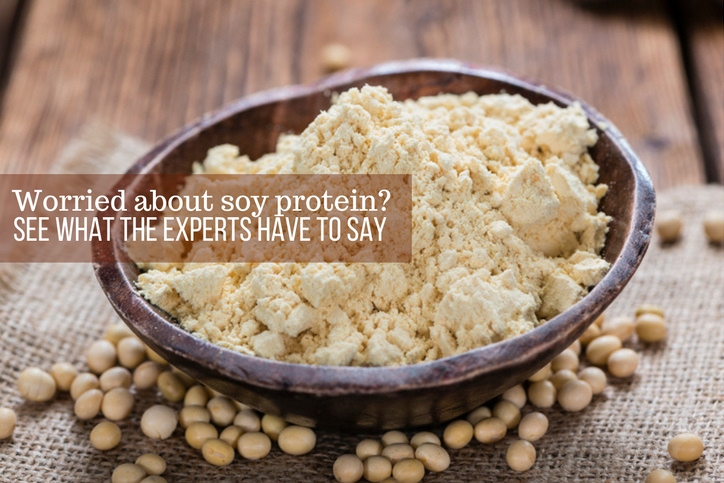Protein intake is an important aspect of weight training. After all, putting in all that work at the gym is no good if you don’t ensure that it gets results.
But not all proteins are created equal, at least in the eyes of many men in the fitness and weightlifting communities. Animal-based proteins are considered the best, and the most popular protein supplements are made from the dairy byproduct whey. Soy protein, on the other hand, is regarded as far less desirable for men looking to put on mass.
That’s because of accusations that soy protein increases estrogen production in the body, which can have several adverse effects on a man’s physical and mental health. The culprit behind those accusations: Soy isoflavone. But soy protein might be getting a bad rap, according to Eric Davenport, a registered dietitian with St. Elizabeth Physicians Weight Management Center.
“It is true that soy isoflavones act in a similar way as the hormone estrogen, but there has been no conclusive data to show that there is any negative effect of consuming soy protein,” Davenport said. “While there have been numerous studies showing soy isoflavones negatively affecting rats, they metabolize soy differently than humans.”
That should come as a relief to vegetarian – and particularly vegan – muscle builders looking for a clean, healthy source of protein. However, anyone thinking about making soy their main source of protein should consider another drawback: Antinutrients. ‘
Antinutrients are compounds that can reduce the body’s ability to absorb minerals like zinc, iron, and phosphorus. Though, like soy isoflavones, they’re somewhat controversial, antinutrients could cause some nutritional issues.
“With all of this in mind, soy protein does not need to be avoided completely,” Davenport said, “but it is a good idea not to make it a main source of protein.
“If someone is vegetarian and looking to build muscle, it is a good idea to add in other sources of protein such as fish, eggs, and yogurt, or vegan sources such as beans, nuts and high-protein grains.”

